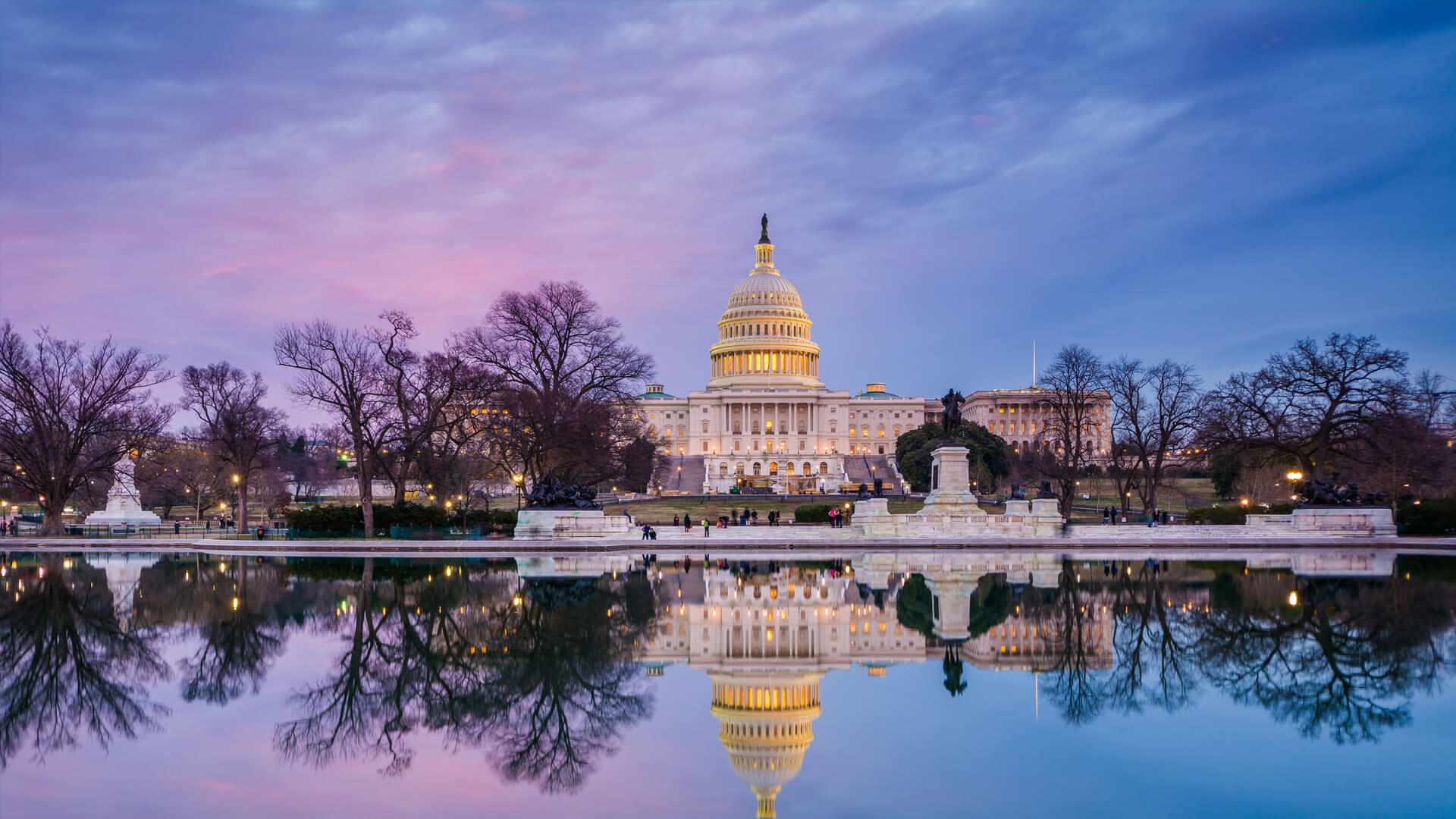Energy planning and policymaking require careful balancing of multiple objectives, such as economic growth, social impact, and environmental sustainability. But fossil-fuel based energy is a leading cause of climate change as well. How can these varied concerns be addressed? What trends of energy production and consumption can we expect in the future? What will be the socio-economic impacts of transition towards low-carbon systems?
To discuss these questions and many more, energy modelers from all over the world gathered at the University of Maryland campus for the 36th edition of the International Energy Workshop. The IEW is the one of the world’s leading conferences for the energy modeling research community.
The University of Maryland, College Park and the Joint Global Change Research Institute of Pacific Northwest National Laboratory (PNNL) jointly hosted this conference from July 12 to 14, 2017. The Center for Global Sustainability helped organize this workshop and many CGS and School of Public Policy faculty, students, and affiliates presented research and helped make it a success. Dr. Nathan E Hultman, the director of Center for Global Sustainability, was a member of the organizing committee and gave the University’s opening welcome remarks to the conference for participants. A keynote presentation was delivered by CGS affiliate and Professor of Physics Ellen Williams. Recent CGS/SPP Ph.D. student Sha Yu presented on her dissertation research on energy use in the Chinese building sector. CGS affiliates Leon Clarke, Jae Edmonds, Haewon McJeon, Gokul Iyer, and Nate Hultman presented at our chaired in parallel sessions. SPP Master’s of Engineering and Public Policy alumna Zana Cranmer also presented on her dissertation research on offshore wind energy.
More than 80 presentations were made over the course of three days. The three plenary sessions illustrated the diversity of issues as well as methods and models which were presented during the workshop. The presenters and attendees included not only researchers but also members from industry and the US government.
Climate change was recognized as the major driver of this energy-systems transformation. Dr. John P. Holdren, Professor of Environment Science and Policy at Harvard University, and former Assistant to President Obama for Science & Technology and Director, White House Office of Science & Technology Policy, described the science and misunderstandings about climate change, and its increasingly harmful impacts.
Dr. Ellen Williams, Distinguished University Professor at the University of Maryland and a CGS affiliate, asserted that both carbon tax policies as well as technical innovations would be required to meet the multiple challenges of energy access, food security, and carbon mitigation. She shared her experiences as the director of ARPA-E, Advanced Research Projects Agency-Energy, and presented snapshots of two of its projects – NEXTCAR and ROOTS.
Dr. Hans-Martin Henning, director of Fraunhofer Institute of Solar Energy Systems ISE in Germany, presented pathways for transforming the German electric system by 2050. Dr. Tom Wilson of Electric Power Research Institute (EPRI) emphasized that there could always be political shifts, economic recessions, and technology preferences that are difficult to foresee. Will people continue using the passenger vehicles that are used today or shift to electronic vehicles? Energy modelers should acknowledge these challenges and take a holistic view while modelling.
Dr. Erin Baker of University of Massachusetts, Amherst presented her work on deep uncertainty. With varied forecast methods of energy models, and conflicting expert opinions, can sensible predictions be made? Which model results should policymakers consider? Using the method of belief dominance, Baker tried to answer these questions.
Dr. Libasse Ba, Program Coordinator at Enda Energy, presented an overview of energy and climate challenges in Africa. Overcoming the acute energy poverty of Sub-Saharan Africa under the constraints of climate change is a daunting task but renewable energy innovations might allow them to leapfrog to clean energy.
During the parallel sessions, researchers presented results based on a variety of models and provided insights on the trends of the energy system and transition pathways for both developed and developing countries. Optimization methods, assumptions and inherent uncertainties of those models were discussed, and new models that enrich the science community were introduced. Research covered a broad discussion of socioeconomic impacts and the pull and push policies for the deployment of technologies. Specific topics addressed included: calculation of social cost of carbon based on its agricultural impacts, urban energy futures for Sub-Saharan Africa, pathways for carbon capture and storage in China, using optimization of power-sector in Egypt, electricity end-use based de-carbonization model for the US, de-carbonization scenarios for industrial sector, growth and energy linkages in Latin America, usage of big data to model transportation behavior, evaluation of the cost of power outages in Nigeria, mitigation pathways for Japan, and inequality of household electricity consumption in India.
Much of the modelling today is focused on transforming towards low-carbon energy systems. However, researchers have to simultaneously address concerns of economic growth, development, and sustainability as well. IEW 2017 was an excellent platform for researchers all around the world to gather and discuss the advances and challenges for energy modelling in the months and years ahead.



